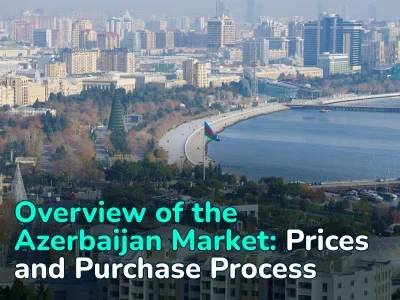
Are the “Golden visas” in Europe fading? Causes and Prospects
“Golden visas” have been under increased scrutiny and pressure lately. Why is this happening, and what can we expect in the near future?
Let’s dive into the context. After the global financial crisis of 2008, at least 11 European countries tried to cover the budget deficit with the help of “Residence for Investment” programs. These programs involve the following: investors invest in some areas of the country and, in return, usually get the opportunity to live and work in the country for three to five years, with the prospect of obtaining citizenship in the future.
It is important to say that the “golden passport” programs no doubt brought money to the European real estate markets—about €3.5 billion per year from 2016 to 2019, according to the European Parliament.
But lately, there has been a crisis in the Golden Visa concept. First, there is enormous pressure from the European Union, which considers such programs anti-democratic and insists on their abolition. “European values are not for sale,” said Didier Reynders, EU Commissioner for Justice, last year.
The second reason for the crisis is the growing dissatisfaction and protests of local residents in these countries. They attribute the rapid growth in housing prices to the program “residence by investment.” For example, in Athens, the average house prices rose by 48% over the past five years, and in Dublin, it rose by 130% since 2012.
That said, it is interesting that market data suggests that golden visas have a negligible effect on property values. As an example: real estate purchased under the Portuguese program accounts for about 0.3% of the country's 300,000 annual real estate transactions. “That's not enough to affect anything,” experts say.
Anyway, here's what we have so far: Ireland closed its program on February 15; Greece said it would double the investment threshold to €500,000 in several key cities, including Athens; the Portuguese program is also threatened to be cancelled soon, but there is still time to apply.
The people who work with the programs, however, believe that any backlash will be temporary. Their argument is that countries around the world are interested in attracting skilled and wealthy immigrants willing to finance new businesses.
Author
I am responsible for editorial work. I write expert interviews and guides.






















